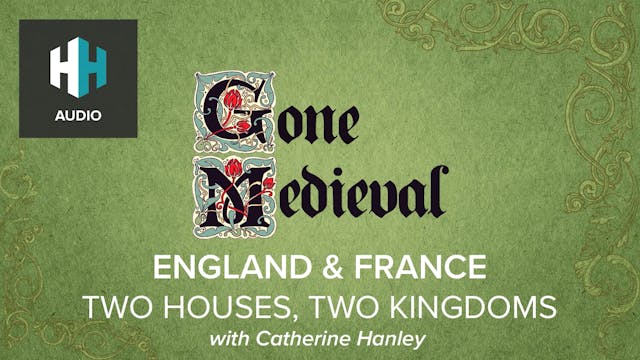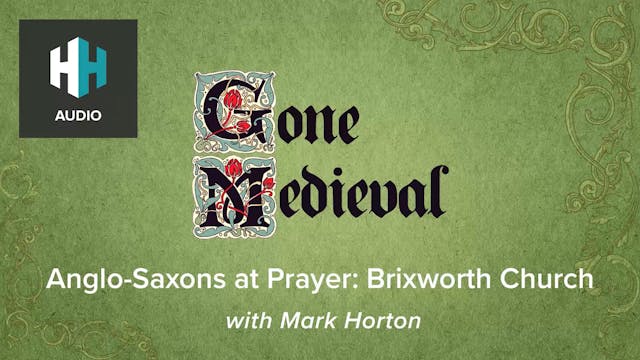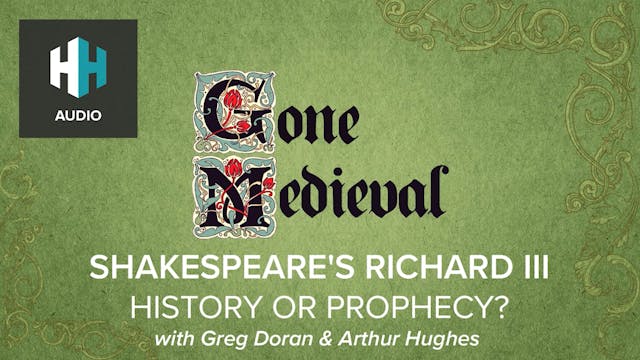🎧 A History of Britain in 50 Documents
🎧 Gone Medieval
•
28m
How do you go about finding your way around the history of a nation and a national identity? For the barrister and author Dominic Selwood, documents are the perfect window through which to watch a country develop and change. His new book Anatomy of a Nation: A History of British Identity in 50 Documents explores more than 950,000 years of history by examining those documents that tell the story of what has made Britain unique.
In this podcast, Matt Lewis talks to Dominic Selwood particularly about the Medieval documents he’s chosen, including the Magna Carta, Joan of Arc’s letter to King Henry VI, and the emergence of the stories of King Arthur.
The Senior Producer on this episode was Elena Guthrie. It was edited and produced by Rob Weinberg.
For more Gone Medieval content, subscribe to our Medieval Mondays newsletter here: https://www.historyhit.com/sign-up-to-history-hit/?utm_source=timelinenewsletter&utm_medium=podcast&utm_campaign=Timeline+Podcast+Campaign
Up Next in 🎧 Gone Medieval
-
🎧 England & France: Two Houses, Two K...
The twelfth and thirteenth centuries were a time when the close friendship or petty feuding between monarchs could determine the course of history. The Capetians of France and the Angevins of England waged war, made peace, and intermarried. The lands under English control once reached to within a...
-
🎧 Anglo-Saxons at Prayer: Brixworth C...
All Saints’ Church in the village of Brixworth, Northamptonshire is one of the oldest, largest and most complete Anglo-Saxon churches in England. Founded in the eighth century, it has been described as “the finest Romanesque church north of the Alps.”
In this episode of Gone Medieval, Dr. Cat Ja...
-
🎧 Shakespeare's Richard III: History ...
Richard III is one of Shakespeare’s most controversial plays, often cited as the basis for the King’s reputation as a scheming murderer. But what do the Bard’s history plays tell us about the period they are set in and how that era was viewed in Shakespeare’s time? Are there allusions to Elizabet...



